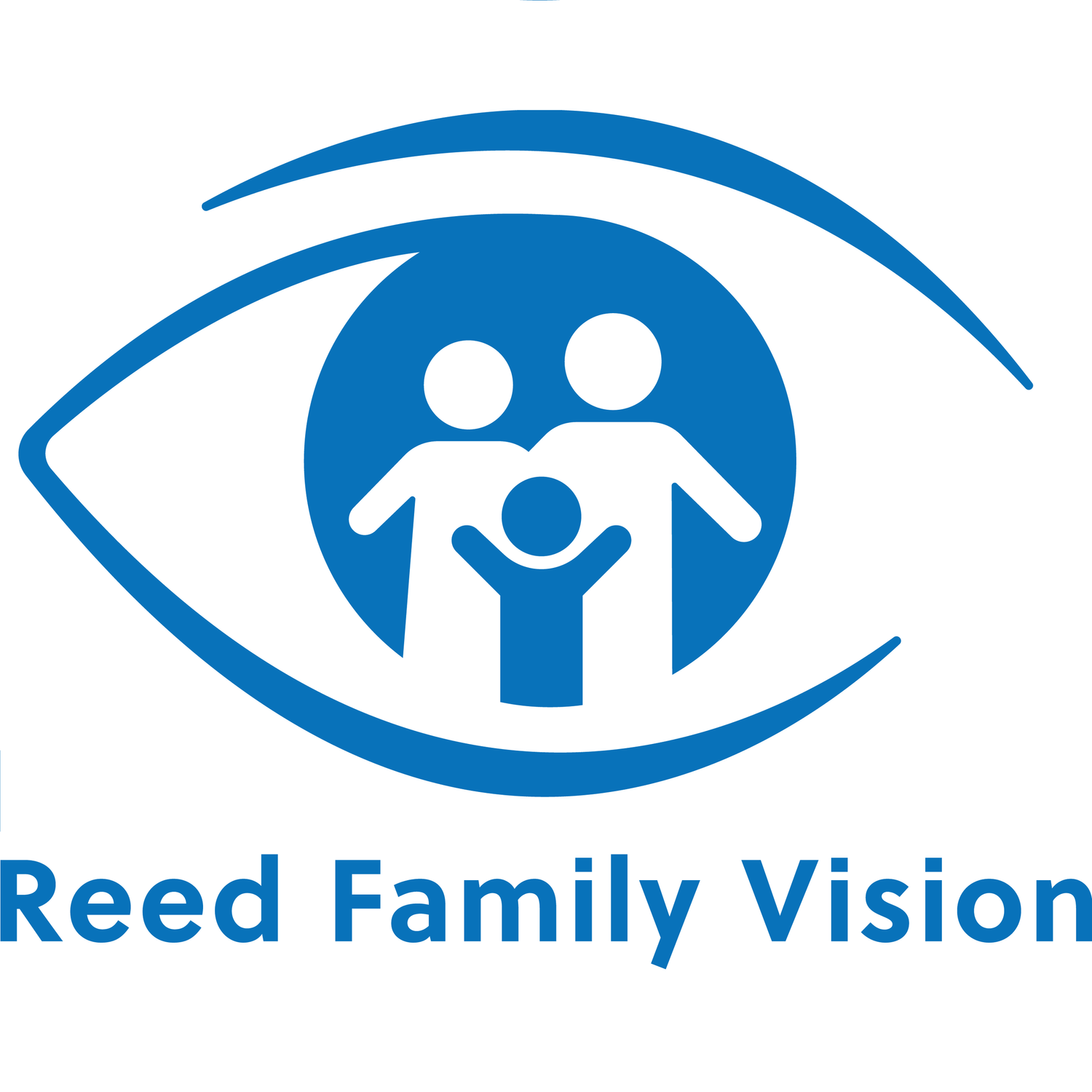Reed Family Vision
Learn more about dry eyes.
In today's digital age, more and more people are experiencing the discomfort of dry eyes. Whether from spending long hours in front of screens or living in dry climates, the symptoms can be bothersome and affect your daily life. At Reed Family Vision, we understand the impact of dry eyes and are here to provide insights into its causes, symptoms, and practical solutions.
What Causes Dry Eyes?
Dry eyes occur when your eyes don't produce enough tears or when the quality of your tears is poor. Several factors can contribute to this condition, including:
1. Extended Screen Time: Staring at digital screens for prolonged periods can reduce blink rates and lead to insufficient tear production.
2. Environmental Factors: Dry climates, windy conditions, and indoor heating or air conditioning can all contribute to the evaporation of tears, resulting in dry eyes.
3. Age:* Tear production tends to decrease as we age, making older adults more prone to dry eyes.
4. Medical Conditions: Certain medical conditions, such as autoimmune disorders, allergies, and hormonal changes, can affect tear production and quality.
5. Medications: Some medications, including antihistamines, decongestants, and antidepressants, can cause dry eyes as a side effect.
Recognizing the Symptoms
Identifying the symptoms of dry eyes is crucial for seeking timely treatment. Common signs of dry eyes include:
Persistent dryness, itching, or burning sensation in the eyes
Excessive tearing as a reflex response to dryness
Blurred vision or sensitivity to light
Redness or inflammation of the eyes
Feeling like there's something in your eye
Effective Solutions for Dry Eyes
Fortunately, there are several solutions available to alleviate the discomfort of dry eyes and improve overall eye health:
Artificial Tears: Over-the-counter artificial tear drops can temporarily relieve the eyes by lubricating and restoring moisture.
Lifestyle Changes: Take regular breaks from digital screens, use a humidifier to add moisture to the air, and avoid exposure to dry or windy conditions.
Eyelid Hygiene: Practicing good eyelid hygiene, such as gently cleaning and avoiding rubbing your eyes, can help prevent tear evaporation.
Prescription Medications: In chronic dry eyes, your eye care provider may prescribe medicated eye drops or ointments to manage symptoms and improve tear production.
Advanced Treatments: For severe cases, advanced treatments like punctal plugs, which block tear drainage to keep the eyes moist, or intense pulsed light therapy, which can improve tear gland function, may be recommended.
Visit Reed Family Vision for Personalized Care
At Reed Family Vision, we prioritize your eye health and well-being. If you're experiencing symptoms of dry eyes or have concerns about your eye health, schedule a comprehensive eye exam with our experienced optometrists. We'll work with you to diagnose the underlying cause of your dry eyes and recommend personalized treatment options to help you achieve lasting relief and optimal eye health. Don't let dry eyes interfere with your daily life – contact Reed Family Vision today for compassionate care and expert guidance.





